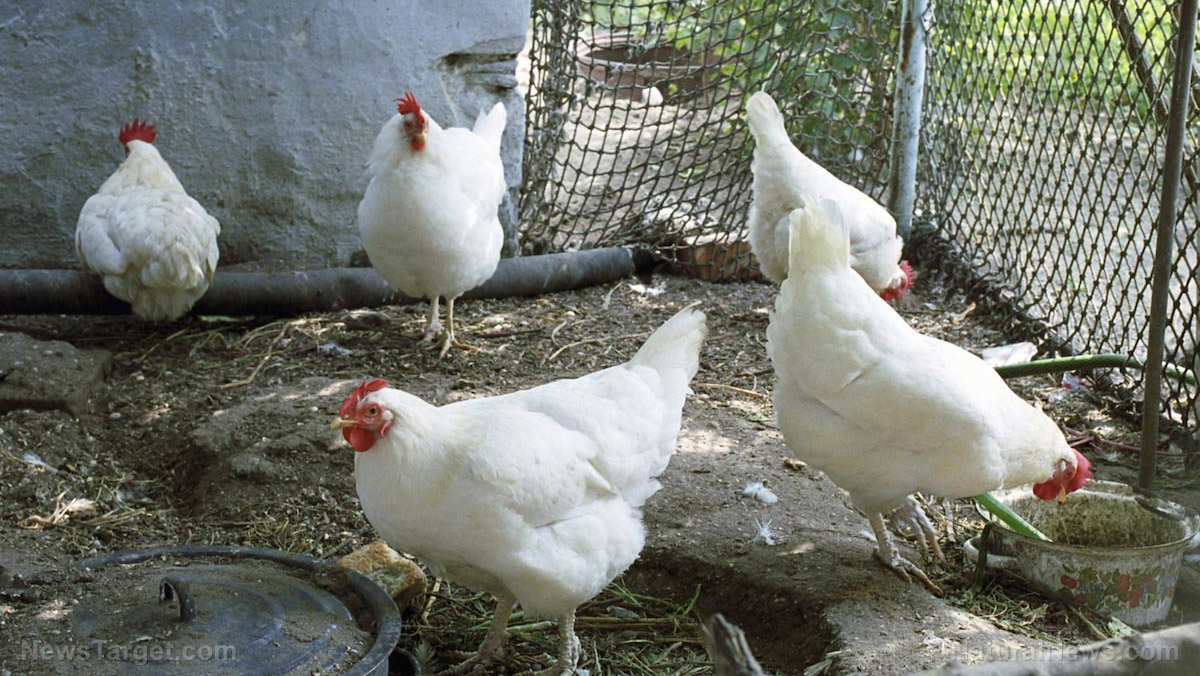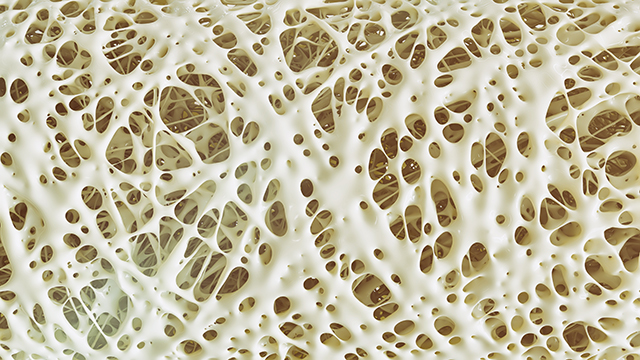Letting chickens get plenty of sunlight may help boost the vitamin D content of their eggs
05/07/2020 / By Michael Alexander

Vitamin D is a nutrient needed by the body for the absorption of calcium, magnesium and phosphorus. It belongs to a family of cholesterol-derived compounds and has two major forms: vitamin D2, also known as ergocalciferol, and vitamin D3, also called cholecalciferol. Vitamin D is also known by many as the “sunshine vitamin” because it is produced in the skin in response to UV radiation from sunlight.
Vitamin D has several important functions, the most vital of which is the regulation of calcium and phosphorus absorption. Vitamin D is also responsible for facilitating normal immune system function. Having sufficient amounts of this vitamin promotes the normal growth and development of bones and teeth, as well as improves resistance against diseases. However, many people suffer from vitamin D deficiency.
According to experts, vitamin D deficiency is linked not only to the development of brittle bones, but also to an increased risk of respiratory diseases. To improve your vitamin D levels, experts suggest adding eggs to your diet. Eggs produced by free-range chickens, in particular, have yolks that are naturally rich in vitamin D.
Like in humans, vitamin D production in chickens is triggered by UV light
In a recent study published in the journal Poultry Science, nutritionists and agricultural scientists from Martin Luther University Halle-Wittenberg (MLU) in Germany reported a new and relatively simple way of increasing the vitamin D content of eggs: by exposing chickens to UV light.
The researchers, led by nutritionist Julia Kuhn, conducted the study in a bid to find a solution to vitamin D deficiency.
“Lifestyle choices prevent many people from getting enough vitamin D. The problem increases even more in the winter months when there is a lack of sunshine,” explained Kuhn, who also believes that eating vitamin D-rich eggs may be the answer to this problem.
Together with her colleagues, Kuhn began searching for a way to stimulate the natural vitamin D production of chickens. They decided to build on earlier research that involved illuminating the legs of chickens with UV light.
These studies, noted Kuhn, were conducted under controlled, “ideal” situations. But for their study, Kuhn and her team chose to conduct their experiments on chicken farms to test the practical feasibility of the method. (Related: The 10 best egg-laying chickens for a prepper’s homestead.)
The researchers used two breeds of chicken, which were both housed indoors in groups of 24 prior to the experiment. Throughout the study period, the researchers analyzed different factors that may affect vitamin D levels in the eggs produced by the chickens. These factors included chicken breed, the kind of lamps used to illuminate the animals and the amount of light that the chickens received each day.
The researchers also looked at the impact of additional UV lighting on the behavior and egg-laying activity of the chickens.
“Humans cannot see UV light, but chickens can. Therefore, light regimes are a critical aspect in chicken husbandry because light influences [behavior] and laying activity,” Eberhard von Borell, an expert in animal husbandry and one of the study authors, said.
The researchers assessed the behavior of the animals using video recordings and inspected their plumage for injuries to assess their potential for activity and aggression.
The team reported that six hours of UV exposure per day for three weeks increased the vitamin D content of the eggs three- or fourfold, depending on chicken breed. These amounts, however, did not increase any further in the following weeks.
The researchers also said that additional illumination from the UV lamps did not cause any obvious problems for the chickens. None of the animals avoided the area near the lamps or behaved abnormally. This suggests that the method they used is both practical and feasible.
Despite the researchers’ success with improving the vitamin D content of eggs using UV lamps, there is a far better source of UV light available to all: sunlight. Giving your chickens more time outside of their coop or hen house — in short, raising free-range hens — can considerably improve their vitamin D production. Another, more specialized option is to build a solarium for your chickens. This will allow them to get plenty of sunlight while being in a safe and controlled environment.
Sources include:
Tagged Under: agriculture, discoveries, eggs, free range farming, free-range chickens, free-range eggs, functional food, homesteading, nutrients, nutrition, poultry, prevention, raising chickens, research, sunlight, UV light, vitamin D, vitamin D deficiency
RECENT NEWS & ARTICLES
COPYRIGHT © 2017 VITAMIN D NEWS


















